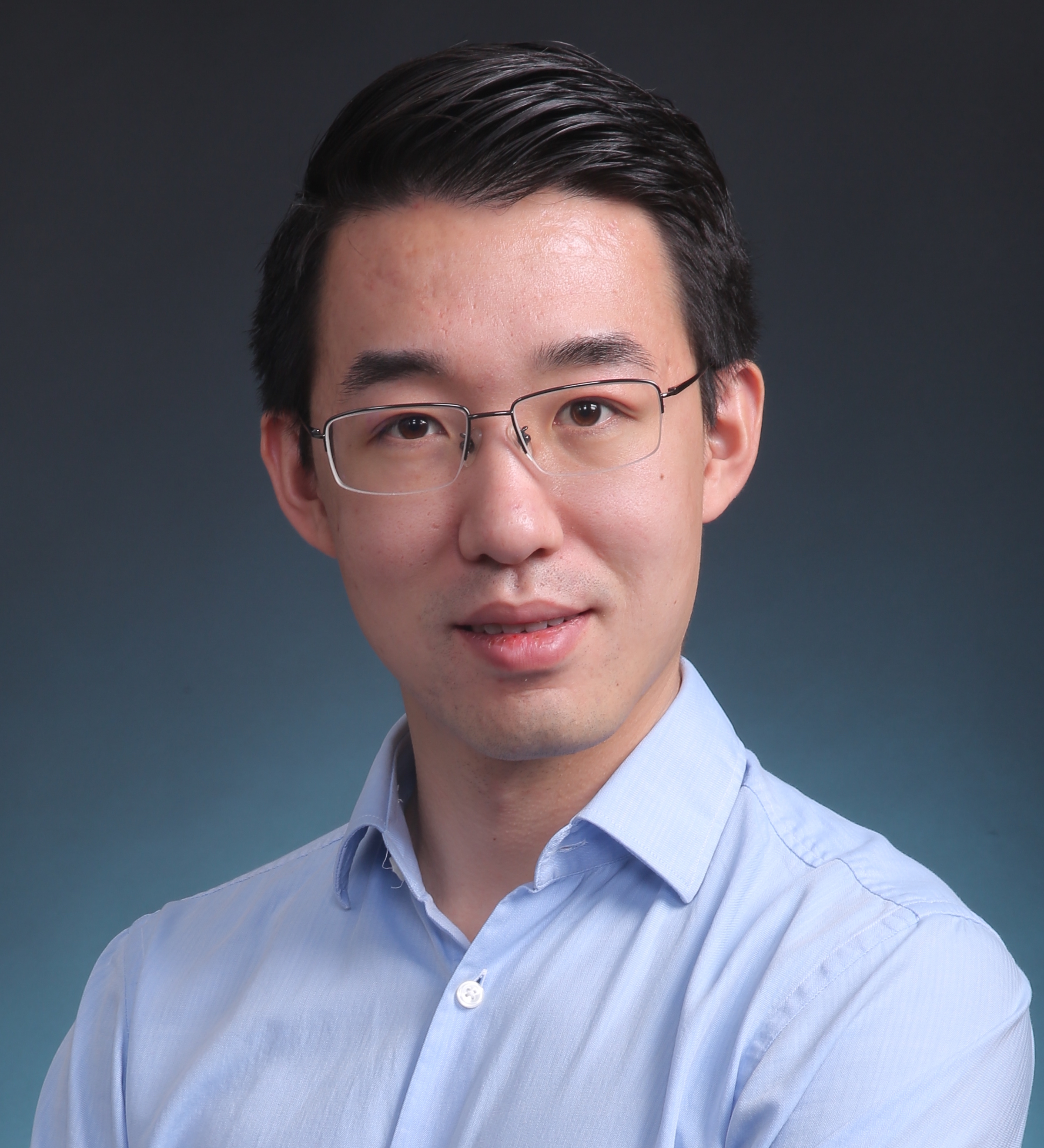About
Dr. Martin Zhang is an assistant professor of Computational Biology in the School of Computer Science at Carnegie Mellon University. Before starting his lab at CMU, he worked with Dr. Alkes Price on statistical genetics at Harvard School of Public Health, where he developed scDRS, a method that integrates GWAS and scRNA-seq to identify individual disease-associated cells. He also studied the genetic architecture of human diseases focusing on the interaction of SNP pairs driven by natural selection. Prior to postdoc, he conducted graduate research with Dr. David Tse and Dr. James Zou on machine learning and computational biology at Stanford. His PhD works span a wide range of topics from theory to applications, including integrative dimensionality reduction, covariate-adaptive multiple hypothesis testing, algorithm acceleration via multi-armed bandits, single-cell RNA-seq experiment design, and analyzing single-cell RNA-seq data sets. His research is supported by the Curci Foundation Research Grant.
Awards
- (2024) ASHG 2025 Reviewers' Choice Abstract (10%) for KGWAS
- (2024) The Curci Foundation Research Grant, "understanding cell type–specific disease mechanisms using GWAS and single–cell data." (500K; SCS news)
- (2023) ASHG 2023 Reviewers' Choice Abstract (10%) for LD–SPEC
- (2021) ASHG 2021 Charles J. Epstein Trainee Awards Postdoctoral Semifinalist [info]
- (2021) ASHG 2021 Reviewers' Choice Abstract (10%) for scDRS
- (2020) Nature Communications Top 50 Life and Biological Sciences Articles [info]
- (2019) RECOMB 2019 Best Paper Award [info]
- (2015) Stanford Graduate Fellowship (SGF, Inventec Fellow)
- (2015) Numerical Technologies Award in Electrical Engineering (Numerical Technologies Founders Graduate Fellowship)
- (2015) Ranked 2/79 in the EE PhD Qualifying Exam at Stanford University
- (2014) Outstanding Undergraduate Thesis "Speech Diarization Based on the Determinantal Point Processes" at Tsinghua University
